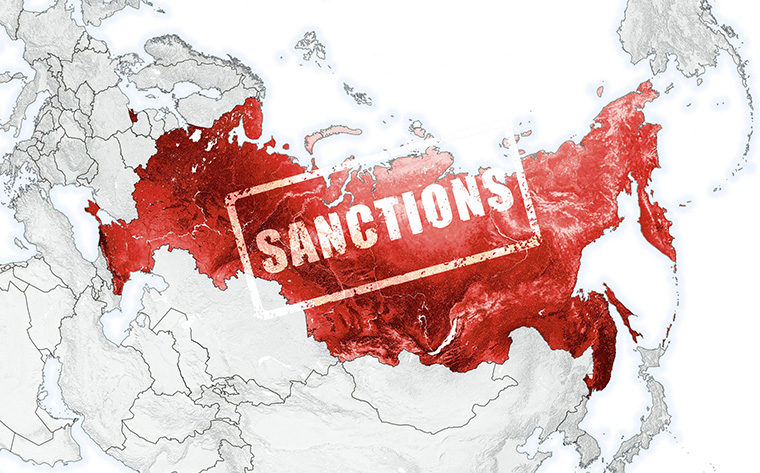
AML Fines are on the Rise. Here’s How to Avoid Them
Anti-money laundering fines are up by 50%. Here's how your company can avoid being next Avoiding a breach of Anti-Money Laundering (AML) regulations–and the fine that follows–should be a priority for any company in 2023. The financial costs of a compliance failure...

Seven Ways Companies Can Effectively Respond to the Global Spread of New Anti-Money Laundering Regulations
In the last blog in our AML series , we outlined the major developments which are driving rapid regulatory changes across the world. Today, we are going a step further by suggesting seven ways companies should respond to these emerging regulatory risks. Implementing...

The Four Major Developments Every Business Should Know About Anti-Money Laundering Regulations
Anti-Money Laundering regulations have changed rapidly in recent years–from Switzerland to Singapore, from Brazil to Bahrain. Building on our whitepaper, ‘AML Compliance: A Global View’, we identify and summarise four major developments which are driving regulatory...

Financial Crime is on the Rise. Here’s How to Stay a Step Ahead
Financial crimes such as bribery, corruption and money laundering are becoming more common and more complex. One of the most common reasons for a company becoming implicated in alleged financial crime is its exposure to the activities of its third parties and suppliers...

Why We’re Paying Attention to Human Rights & ESG Regulations
Over the last five years, the dominant regulatory trend in global compliance has been the spread of legislation which mandates companies to carry out Human Rights and ESG Due Diligence (HRDD) on third parties and suppliers. This has significant implications for...

Essential Steps in Conducting Due Diligence Checks
Every business transaction, whether it's a merger, an acquisition, or a simple investment, carries its share of risks. Identifying, understanding, and addressing these risks is fundamental to ensuring the security and success of the transaction. This critical process...

Sanctions update: UK regulator releases new report, while EU publishes due diligence expectations for companies
Many companies have deficiencies in their sanctions risk management and customer due diligence processes, according to a survey by the UK’s financial regulator. The EU has also published new expectations about companies’ third party due diligence for risks related...